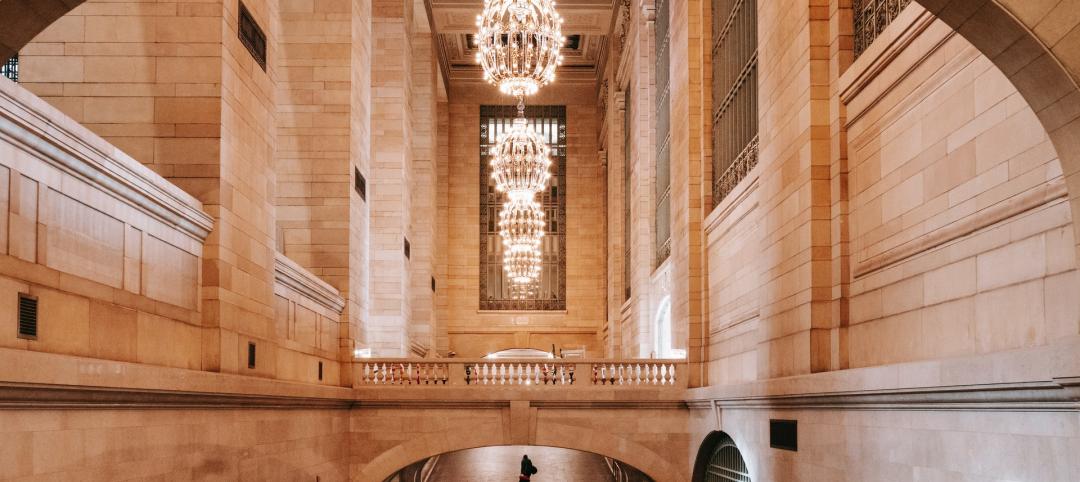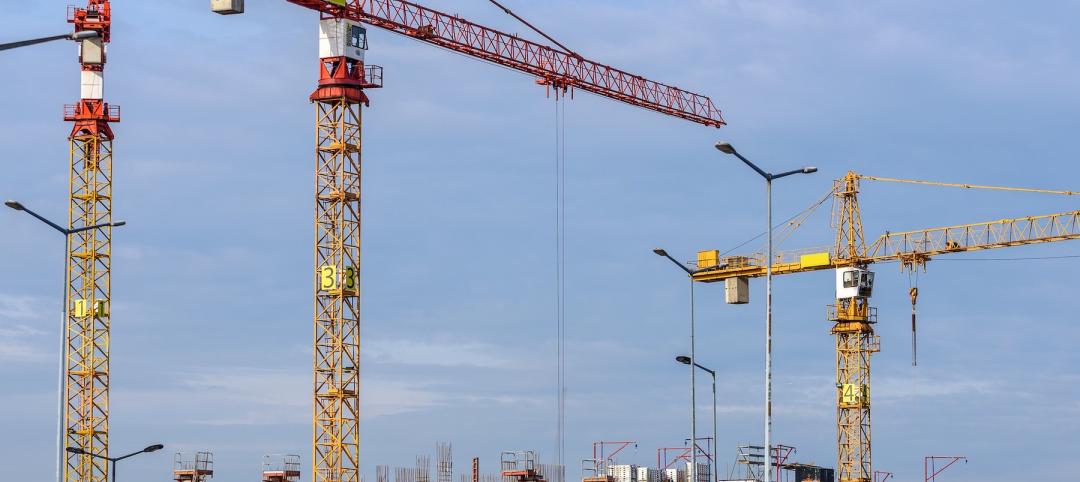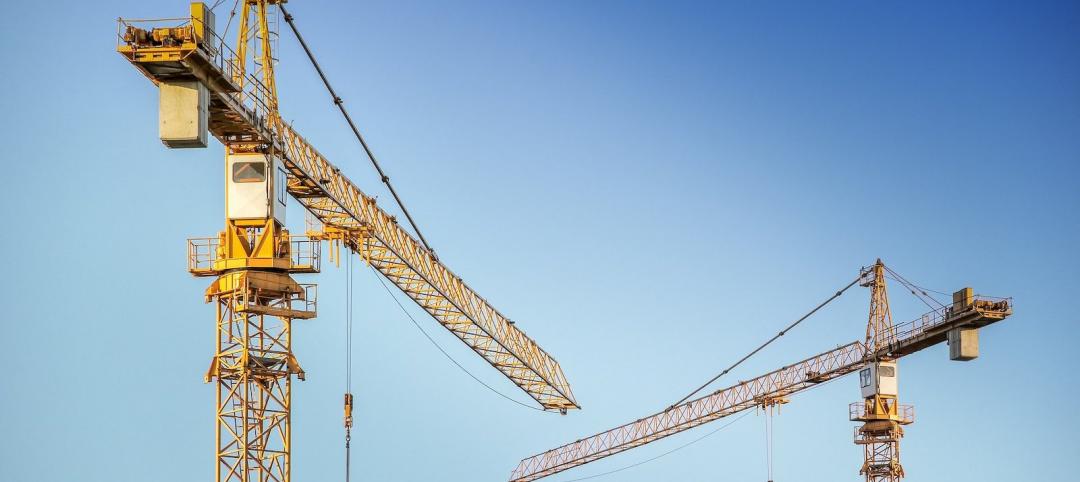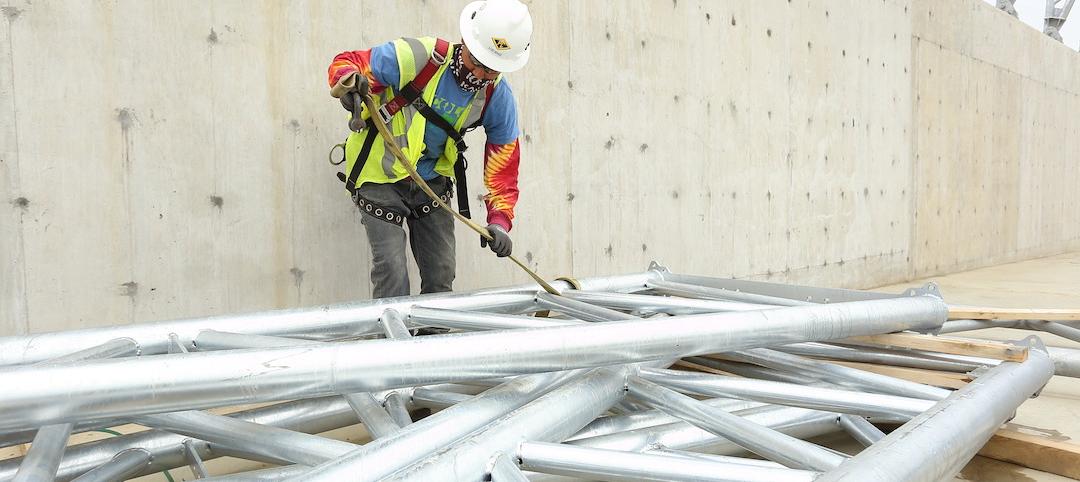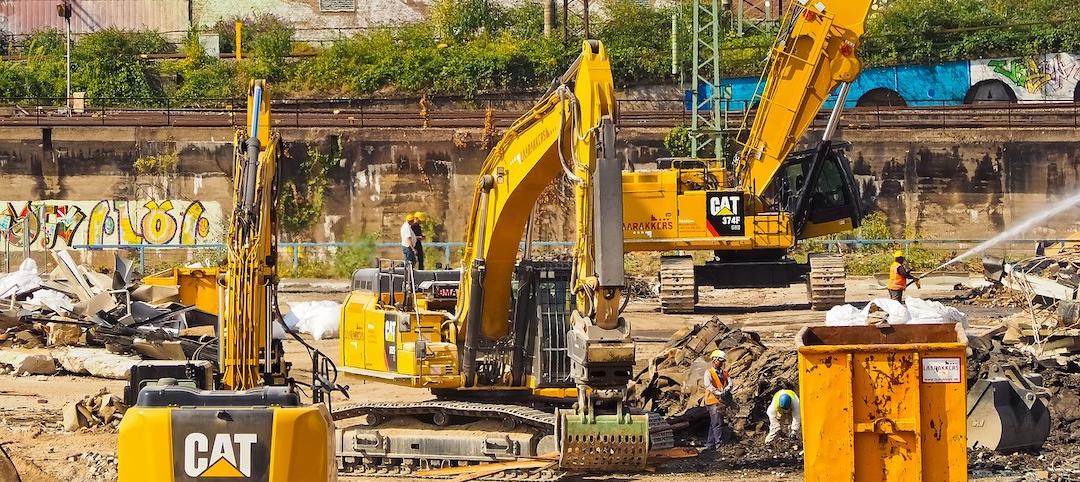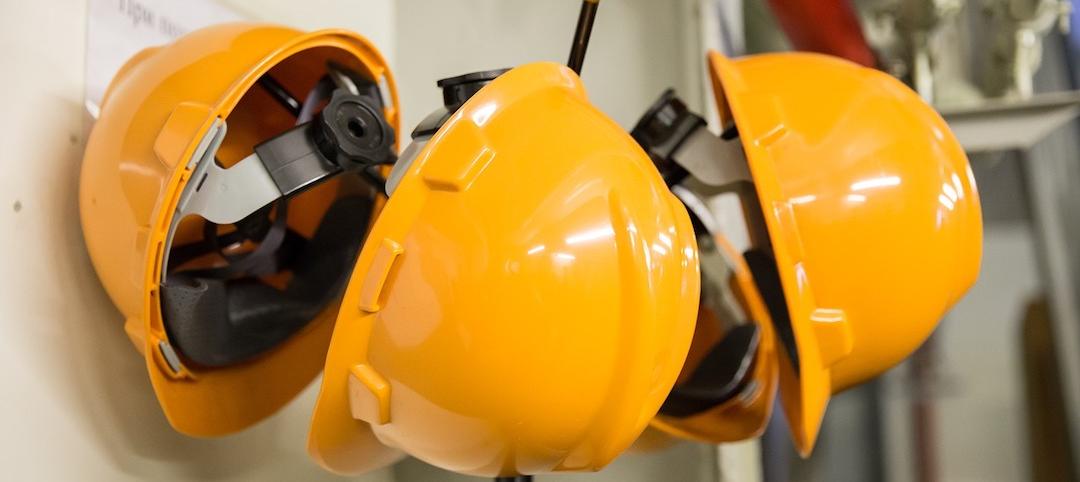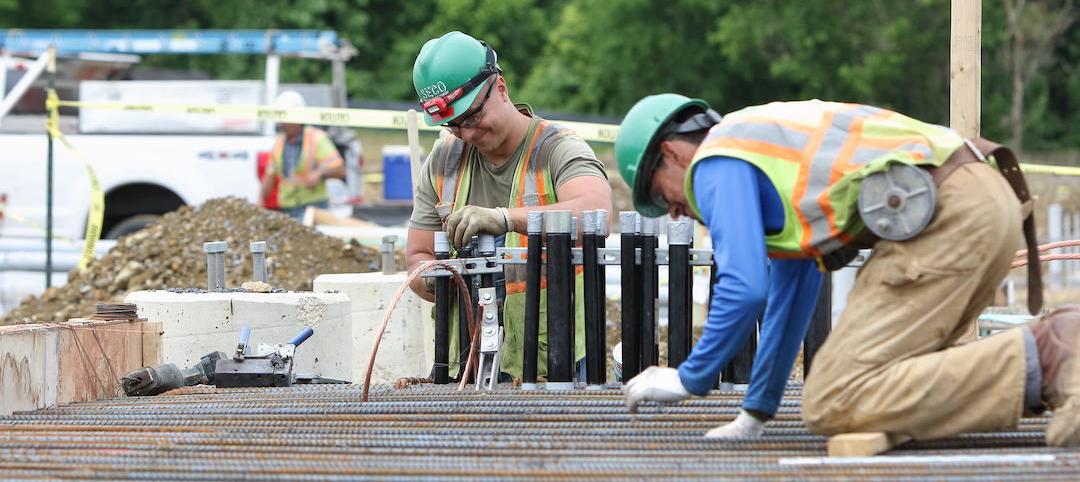In an effort to support the COVID-19 response, the American Institute of Architects (AIA) has launched a task force to help inform public officials, healthcare facility owners and architects on adapting buildings into temporary healthcare facilities.
“On a daily basis, I am hearing from our architects who feel a deep sense of moral duty to support our healthcare providers on the frontlines of this pandemic,” said AIA 2020 President Jane Frederick, FAIA. “As our communities assess buildings to address growing surge capacity, we hope this task force will be a resource to ensure buildings are appropriately and safely adapted for our doctors and nurses.”
AIA encourages federal, state and local government to adapt appropriate existing buildings to meet the growing healthcare and quarantine needs resulting from the COVID-19 pandemic.
The task force is charged with developing a COVID-19 Rapid Response Safety Space Assessment for AIA members that will include considerations for the suitability of buildings, spaces, and other sites for patient care. The assessment will be developed by architects with a wide range of expertise, including healthcare facility design, urban design, public health and disaster assistance.
“During the COVID-19 pandemic public health response there is an unprecedented need for the adaptive reuse of buildings to serve a variety of functions,” said environmental health scientist Dr. Molly Scanlon, FAIA, FACHA, who is the director of standards, compliance and research at Phigenics. “Architects and our allied design and construction professionals are in a unique position to leverage our advanced problem-solving skills to bring forth ideas for community implementation.”
The task force—chaired by Dr. Scanlon—plans to release its report in early April in an effort to help inform decisions to address the pandemic.
“This is a race against time for healthcare facilities to meet bed surge capacity needs” said AIA Academy of Architecture for Health President Kirsten Waltz, AIA, ACHA, EDAC, LEED, who is the director of facilities, planning and design at Baystate Health. “This task force will help inform best practices for quickly assessing building inventory and identifying locations that are most appropriate to be adapted for this crisis.”
Waltz and other members of the task force are helping bridge the needs of healthcare providers by modifying hospitals and smaller facilities to meet the growing bed surge demand and to increase areas for medical screening, triage, and other patient care.
Related Stories
Reconstruction & Renovation | Mar 28, 2022
Is your firm a reconstruction sector giant?
Is your firm active in the U.S. building reconstruction, renovation, historic preservation, and adaptive reuse markets? We invite you to participate in BD+C's inaugural Reconstruction Market Research Report.
Industry Research | Mar 28, 2022
ABC Construction Backlog Indicator unchanged in February
Associated Builders and Contractors reported today that its Construction Backlog Indicator remained unchanged at 8.0 months in February, according to an ABC member survey conducted Feb. 21 to March 8.
Industry Research | Mar 23, 2022
Architecture Billings Index (ABI) shows the demand for design service continues to grow
Demand for design services in February grew slightly since January, according to a new report today from The American Institute of Architects (AIA).
Codes and Standards | Mar 1, 2022
Engineering Business Sentiment study finds optimism despite growing economic concerns
The ACEC Research Institute found widespread optimism among engineering firm executives in its second quarterly Engineering Business Sentiment study.
Codes and Standards | Feb 24, 2022
Most owners adapting digital workflows on projects
Owners are more deeply engaged with digital workflows than other project team members, according to a new report released by Trimble and Dodge Data & Analytics.
Market Data | Feb 23, 2022
2022 Architecture Billings Index indicates growth
The Architectural Billings Index measures the general sentiment of U.S. architecture firms about the health of the construction market by measuring 1) design billings and 2) design contracts. Any score above 50 means that, among the architecture firms surveyed, more firms than not reported seeing increases in design work vs. the previous month.
Market Data | Feb 15, 2022
Materials prices soar 20% between January 2021 and January 2022
Contractors' bid prices accelerate but continue to lag cost increases.
Market Data | Feb 4, 2022
Construction employment dips in January despite record rise in wages, falling unemployment
The quest for workers intensifies among industries.
Market Data | Feb 2, 2022
Majority of metro areas added construction jobs in 2021
Soaring job openings indicate that labor shortages are only getting worse.
Market Data | Feb 2, 2022
Construction spending increased in December for the month and the year
Nonresidential and public construction lagged residential sector.



